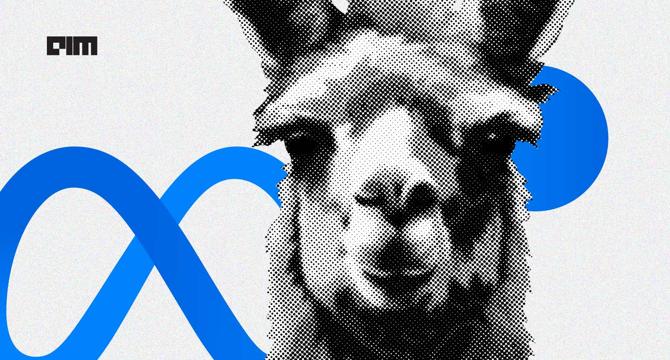Analyticsindiamag
2M
188

Image Credit: Analyticsindiamag
Meta Likely to Release Llama 4 Early Next Year, Pushing Towards Autonomous Machine Intelligence (AMI)
- Meta is exploring to improve Llama models not only in planning but also evaluating decisions in real-time condition change.
- The ultimate goal for Meta is to achieve autonomous machine intelligence that can combine perception, reasoning, and planning.
- Manohar Paluri, VP of AI at Meta expressed the need to break down complex tasks into manageable steps to enable Llama models to dynamically adapt.
- Meta combines versatile and task-oriented models. SSL enables models to pick up general knowledge from vast data autonomously, while RLHF is about task-specific alignment.
- Llama has become a preferred choice for synthetic data generation, enabling startups like Sarvam AI to build models catering to multilingual speakers for impactful, region-specific AI solutions.
- Mark Zuckerberg, CEO of Meta confirmed the pre-training for Llama 4 and expects it to be a major advancement over Llama 3, while Ragavan Srinivasan, VP of product at Meta hinted at releasing next-gen Llama models by 2025.
- Meta also introduced quantized versions of Llama 3.2 models to enhance on-device AI performance with up to four times faster inference speeds.
Read Full Article
11 Likes
For uninterrupted reading, download the app